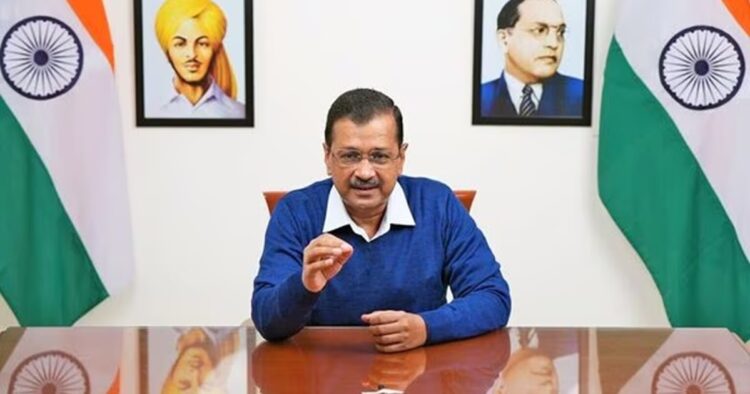The Enforcement Directorate (ED) has lodged a new complaint against Delhi Chief Minister Arvind Kejriwal for repeatedly ignoring summons related to the Delhi excise policy probe. The ED alleges that Kejriwal failed to appear before the agency for questioning, terming the summons as “illegal” and “politically motivated.” This latest development comes after Kejriwal refused to comply with the summons for the eighth time since November 2 last year.
A senior officer from the ED stated that the fresh complaint was filed under sections 174 of the Indian Penal Code (IPC), along with section 63 (4) of the Prevention of Money Laundering Act (PMLA). These sections pertain to the non-attendance of individuals summoned for questioning. The complaint has been submitted before the court of additional chief metropolitan magistrate (ACMM), Rouse Avenue Court, with a hearing scheduled for Thursday.
Earlier this year, a similar complaint was filed by the ED on February 3, leading to a summons being issued to Kejriwal. He appeared before the court virtually on February 17 and was granted exemption from physical appearance until March 16. However, ED officials argue that the court has not exempted him from appearing before the investigating officer directly.
Kejriwal, in response to the recent summons, expressed his willingness to be questioned through video-conferencing after March 12. He has accused the ED of using these summons to pressure him into leaving the Opposition Indian National Developmental Inclusive Alliance (INDIA) alliance, stating, “If the court says go, then I will go [for questioning]… They want us to break the alliance. Their message is that we should quit the alliance.”
The ED alleges that leaders of the Aam Aadmi Party (AAP) were paid bribes amounting to ₹100 crore in connection with the 2021-22 excise policy, which was implemented in November 2021 but later scrapped following a recommendation by LG Saxena for a Central Bureau of Investigation (CBI) probe into alleged irregularities. The policy aimed to revitalize Delhi’s liquor business by introducing changes such as replacing a sales volume-based regime with a license fee for traders and offering discounts and incentives on liquor purchases.
Despite the ED’s claims that the excise policy was Kejriwal’s “brainchild,” he has not been named as an accused in any of the six charge sheets filed by the agency. However, the ongoing dispute between Kejriwal and the ED over the summons continues to attract attention as it unfolds.

















Comments